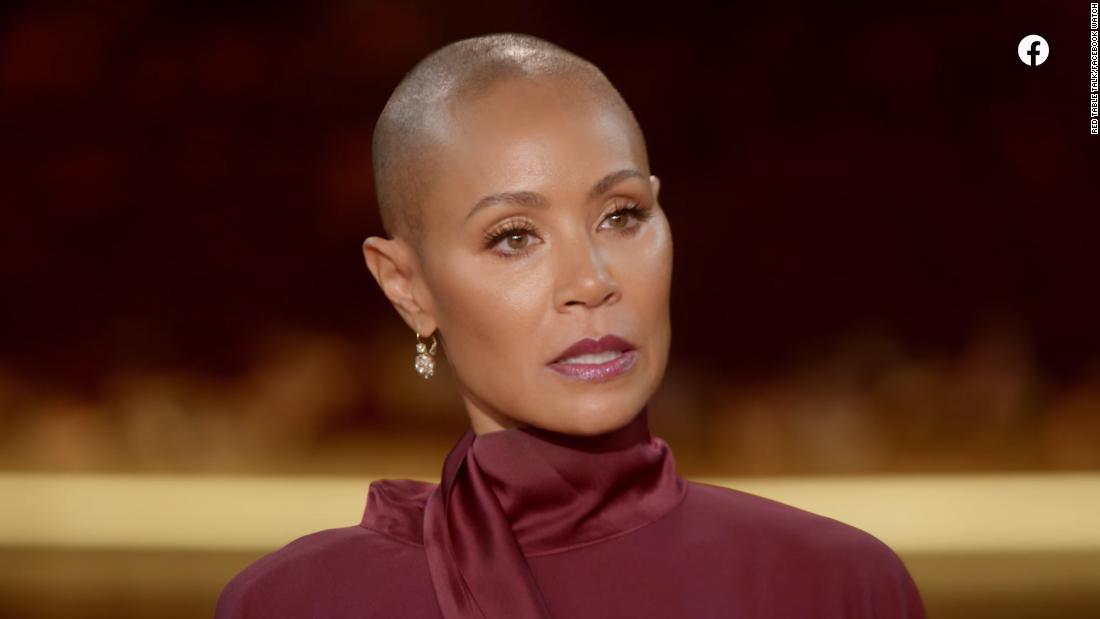Adann-Kennn J. Alexxandar Movie Reviews: “The Count of Monte-Cristo”
Published 8:25 am Wednesday, January 15, 2025
- Adann-Kennn J. Alexxandar
By Adann-Kennn J. Alexxandar
“The Count of Monte-Cristo” (Period Drama: 2 hours, 58 minutes)
Starring: Pierre Niney, Anaïs Demoustier and Bastien Bouillon
Director: Alexandre de La Patellière and Matthieu Delaporte
Rated: PG-13 (Violence and thematic elements)
Movie Review:
Despite being nearly three hours long, “The Count of Monte-Cristo” is engaging throughout. However, if you do not speak French, reading subtitles for a lengthy time feels like speed reading through a book.
Adaptations of French author Alexandre Dumas’s “Le Comte de Monte-Cristo” have graced multiple media forms. The first was a silent short film that debuted in 1908 debuted. The 1934 movie directed by Rowland V. Lee was the first full-length feature film. A current miniseries is airing now. This latest, set in a Bourbon Restoration period of France, a post-Napoleonic era of political turmoil, avoids the period’s political upheaval and nicely focuses on one man’s quest for retribution.
French authorities arrest Edmond Dantès (Niney), a young sailor on his wedding day to fiancée Mercédès Herrera (Demoustier). Dantès is falsely accused of aiding the exiled French emperor, Napoleon Bonaparte. He is sentenced without trial to life in prison and sent to the Château d’If, an island penitentiary off Marseille. After being in solitary confinement for four years, Dantès, prisoner Number 34, meets fellow prisoner, Abbé Faria (Pierfrancesco Favino), who tells the young man about a vast treasure on the Isle of Monte-Cristo. Nearly 14 years later, Dantès escapes, and he returns to Paris, France, as the wealthy Count of Monte-Cristo to exact revenge on revenge on the three men responsible for falsely imprisoning him.
Despite some tattoos on the main character that looks overly sophisticated for the 15th century, “The Count of Monte-Cristo” is a well-done movie, even if it still feels rushed for its lengthy run time.
This screenplay has three parts. We get to know Edmond Dantès as a man smitten with love and ready to marry his lover Mercédès. Then, audiences see him in prison. There, Dantès is a scrawny man with ruffled hair and a wild long beard. That is where he meets Abbé Faria who gives admin Dantès Hope and ends his loneliness in the underground sale where he resides.
The bulk of this photoplay deals with Dantès’ revenge, carefully plotting the demise of the men who framed him. The directors and writers of the screenplay do not rush the stage. Instead, they move at a snail’s pace so that one can see the plan being laid for the antagonist of this movie.
Wrongly imprisoned, Edmund Dantes states he is not seeking revenge; it is justice he desires. However, for moviegoers, vengeance is always gratifying in cinema. It is always entertaining to see the antagonists get their comeuppance.
Alexandre de La Patellière and Matthieu Delaporte’s direction and writing is superb. They condense Dumas’s lengthy literary work into an elaborate cinematic experience.
Grade: B+ (You can count on it to deliver.)
“Den of Thieves 2: Pantera” (Action/Crime: 2 hours, 24 minutes)
Starring: Gerard Butler, O’Shea Jackson Jr. and Evin Ahmad
Director: Christian Gudegast
Rated: R (Pervasive language, violence, drug use and sexual references)
Movie Review:
“Den of Thieves 2: Pantera” turns into a good heist movie after a slow start. It is the sequel to “Den of Thieves” (2018), also directed by Christian Gudegast. “Pantera” immediately follows where its prequel ended. While missing some of its major talents from the first movie, “Pantera” is better than its prequel.
Los Angeles County Sheriff’s Department Detective Nicholas ‘Big Nick’ O’Brien (Butler) goes to Nice, France. He rendezvouses with thief Donnie Wilson (Jackson), a man who escaped from O’Brien and his team a short time earlier. Wilson is planning a major heist, the world’s largest diamond exchange.
Unlike many modern heist films, this one allows audiences time to understand its characters through good development as these onscreen people plan their heist proficiently. Although these are criminals, it is easy to relate to them, even if you disagree with what they are doing.
Gudegast humanizes his characters, so even the stereotypical ones have interesting depictions. Therefore, you want to see them succeed, making “Den of Thieves 2: Pantera” pleasing.
Grade: B- (They steal audiences’ attention.)
“Better Man” (Biography/Docudrama: 2 hours, 15 minutes)
Starring: Robbie Williams, Jonno Davies and Steve Pemberton
Director: Michael Gracey
Rated: R (Drug use, pervasive language, sexual content, nudity and violent content, including attempted suicide)
Movie Review:
“Better Man” is a biographical sketch of British pop superstar Robbie Williams’ life. It details his childhood to the apex of his career as a singer and entertainer with the boy band “Take That” and his hit solo career. It is a good biopic, although the chimpanzee shenanigans are unneeded.
Williams’ life is interesting as a child and an adult. It is a good look at what fame does to a young person and how they must grow up into their celebrity lifestyle. The movie does not shy away from Williams’ sexual escapades and continued drug use. The good and the bad are always good in a biographical photoplay. This biographical drama omits some constant rumors about Williams and how he insinuates tidbits in interviews only to deny them in public.
“Better Man” uses computer-generated chimpanzee images of Williams via a VFX creation to convey a story. His life is interesting enough that bringing in computer-generated imagery versions of himself or people in costumes is unnecessary.
These visual tactics are a means to get people’s attention and work to bring moviegoers into theaters. The primate feature is given to Williams. It matches his primitive behavior — at least in the beginning. As this screenplay moves to a more mature Williams, his character becomes one of impressive humanity. Despite the primate features, this movie involves plenty of emotions. The ending is very touching, and the monkey business becomes less distractive as the movie continues.
Director Michael Gracey and his team pull off what could have been a goofy presentation. They create a very engaging observation of Robbie Williams.
Grade: B (Something to go bananas about.)
“The Last Showgirl” (Drama: 1 hour, 28 minutes)
Starring: Pamela Anderson, Dave Bautista and Jamie Lee Curtis
Director: Gia Coppola
Rated: R (Language and nudity)
Movie Review:
The only good reason to see this movie is Pamela Anderson. She shines, but the rest of this production by Director Gia Coppola (“Palo Alto,” 2013) and Writer Kate Gersten has a dull finish.
Anderson plays Shelley, a showgirl on the Las Vegas strip. She is part of a Cancan-type dancing group, one of the last in the city. All is well until she and the other women are told that the show’s 30-year run will end shortly. Shelley has been dancing for three decades. It is all she knows. Now in her 50s, she contemplates aging and motherhood and deals with sexism and ageism in her profession.
Gia Coppola, the granddaughter daughter of Francis Ford Coppola, is the director of “The Last Showgirl.” Her grandfather may be legendary, but one should not automatically give the family patriarch’s laurels to his descendants.
The narrative of this screenplay is not the problem. It is the execution. For one, little dancing happens. When there is, the camera only captures a small part, usually above the shoulders.
“The Last Showgirl” has second-rate cinematography. Camera operators use their equipment haphazardly; scenes appear jiggled in several scenes. Even more, the images of characters inside of buildings focus on the performances, especially that of Pamela Anderson. However, these tight medium and eye-level shots do not allow a broader concept of the grandeur of the stage and costumes of the performers when they are dancing.
The camera angles give the impression these movie makers were afraid to show shoes and feet. The one time they do, it is a misplaced Jamie Lee Curtis moment. In that scene, she plays a cocktail waitress at a casino who begins dancing at the wrong moment.
The movie also only has one hour and 20 minutes of actors performing, so this story feels, as nice as its story is, too rushed.
Characters argue with each other in one instance. Then, all is well, and these people hug while crying. There is no smooth transformation for character development. Something is lost in translation from one scene to the next. How characters resolve conflict is missing in showgirls.
Again, Pamela Anderson is an attention-getter here. This movie is her second break to stardom. May “The Last Showgirl” catapult her to the center stage once more. She is award-worthy, although the rest of this photoplay does not parallel her performance.
Grade: C (Not showy enough to warrant a curtain call.)

























/cdn.vox-cdn.com/uploads/chorus_asset/file/25822586/STK169_ZUCKERBERG_MAGA_STKS491_CVIRGINIA_A.jpg)

/cdn.vox-cdn.com/uploads/chorus_asset/file/25821992/videoframe_720397.png)




